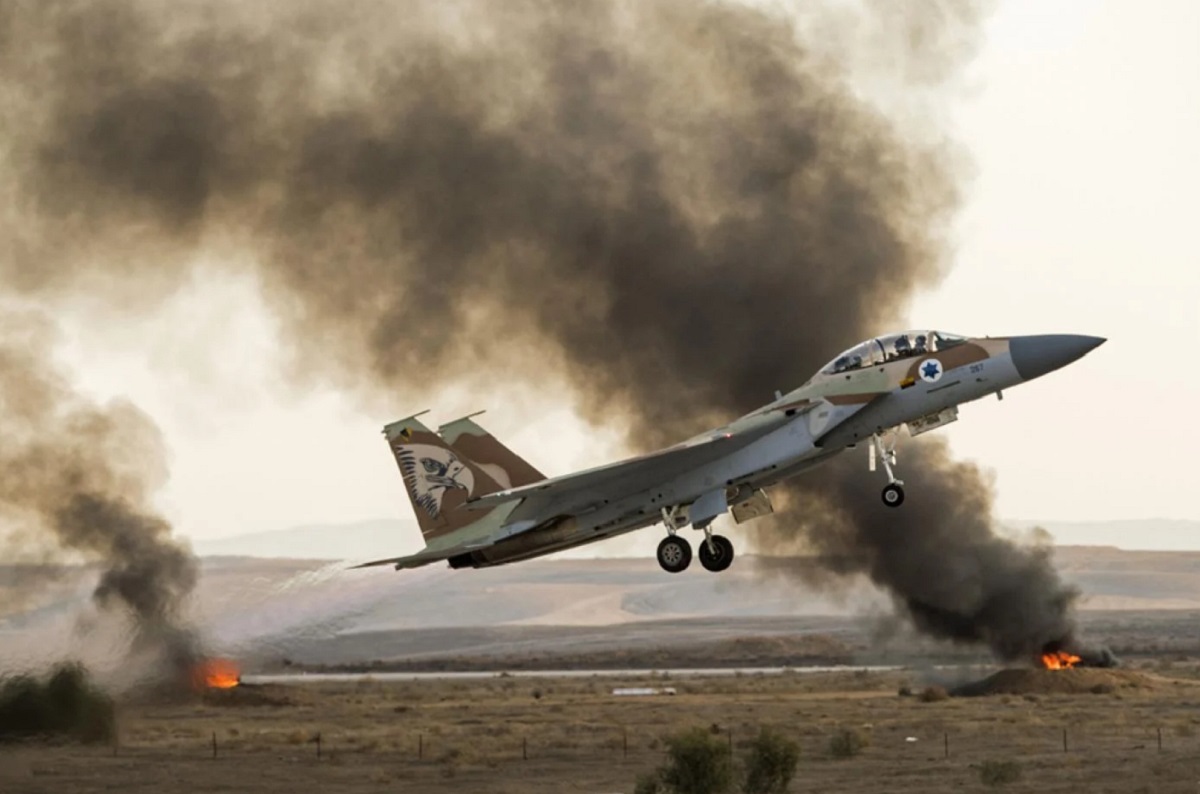The Israeli military launched dozens of air raids on Syria within on Saturday, bringing the total number of attacks in a week to about 800.
United Nations Secretary-General Antonio Guterres has lashed out at Israel for launching strikes on Syria and expanding its territory further into the occupied Golan Heights after the overthrow of Bashar al-Assad.
Guterres described Israel’s actions as “deeply concerning” and called for the Israelis to stop firing into Syria and respect its sovereignty.
“The secretary-general is particularly concerned over the hundreds of Israeli airstrikes on several locations in Syria,” the UN said in a statement, calling for urgent de-escalation “on all fronts, throughout Syria”.
“He stresses the urgent need to de-escalate violence on all fronts, throughout Syria.”
Israel has occupied the Golan Heights since the 1967 war with Syria.
Between 1974 and 2024 the territory was divided between areas controlled by Israel and areas controlled by Syria, split by a buffer zone.
The secretary-general also called on Israel to adhere to the 1974 Disengagement of Forces Agreement between Israel and Syria, which ended the Yom Kippur War.
The agreement established a UN-monitored buffer zone in the Golan Heights to prevent further conflict.
It delineated areas of control for each side and included provisions for the return of displaced civilians.
But after the Syrian government collapsed after fighters from Hayat Tahrir al-Sham (HTS) took control of Damascus, Israel began infiltrating the UN buffer zone and occupied Mount Hermon.
The Israelis claimed it was establishing a “buffer zone” by taking further control of areas near the occupied Golan Heights.
Israeli forces has also launched hundreds of air raids and bombed parts of Damascus it claimed were chemical weapons factories and Syrian military infrastructure over the last week – including large chunks of the Syrian navy and air force.
The UN special envoy for Syria has also called the Israeli attacks a deeply troubling development, describing the current situation in the Arab country as highly fluid.
Geir Pedersen said tensions remain unresolved and urged other countries to avoid actions that could impede the ongoing transformation.
